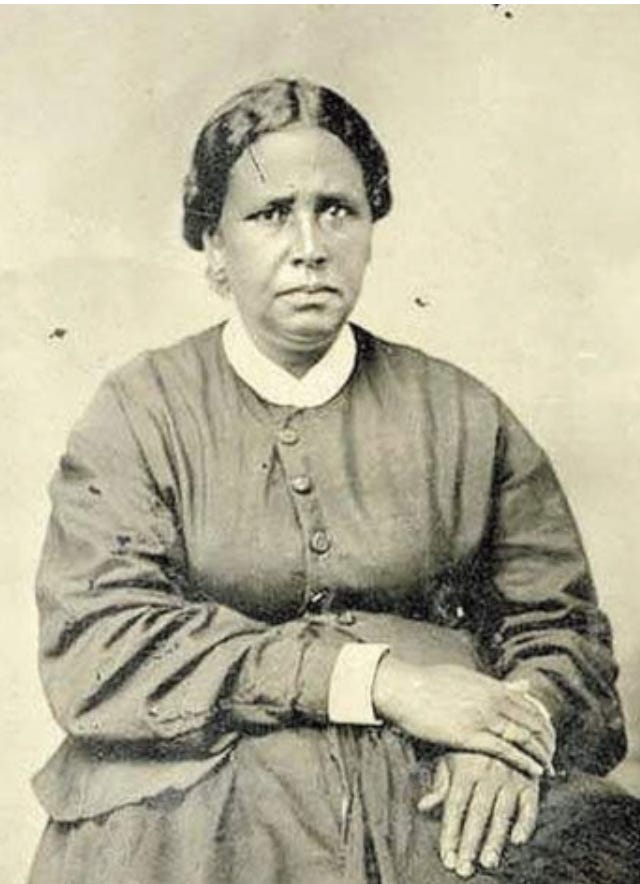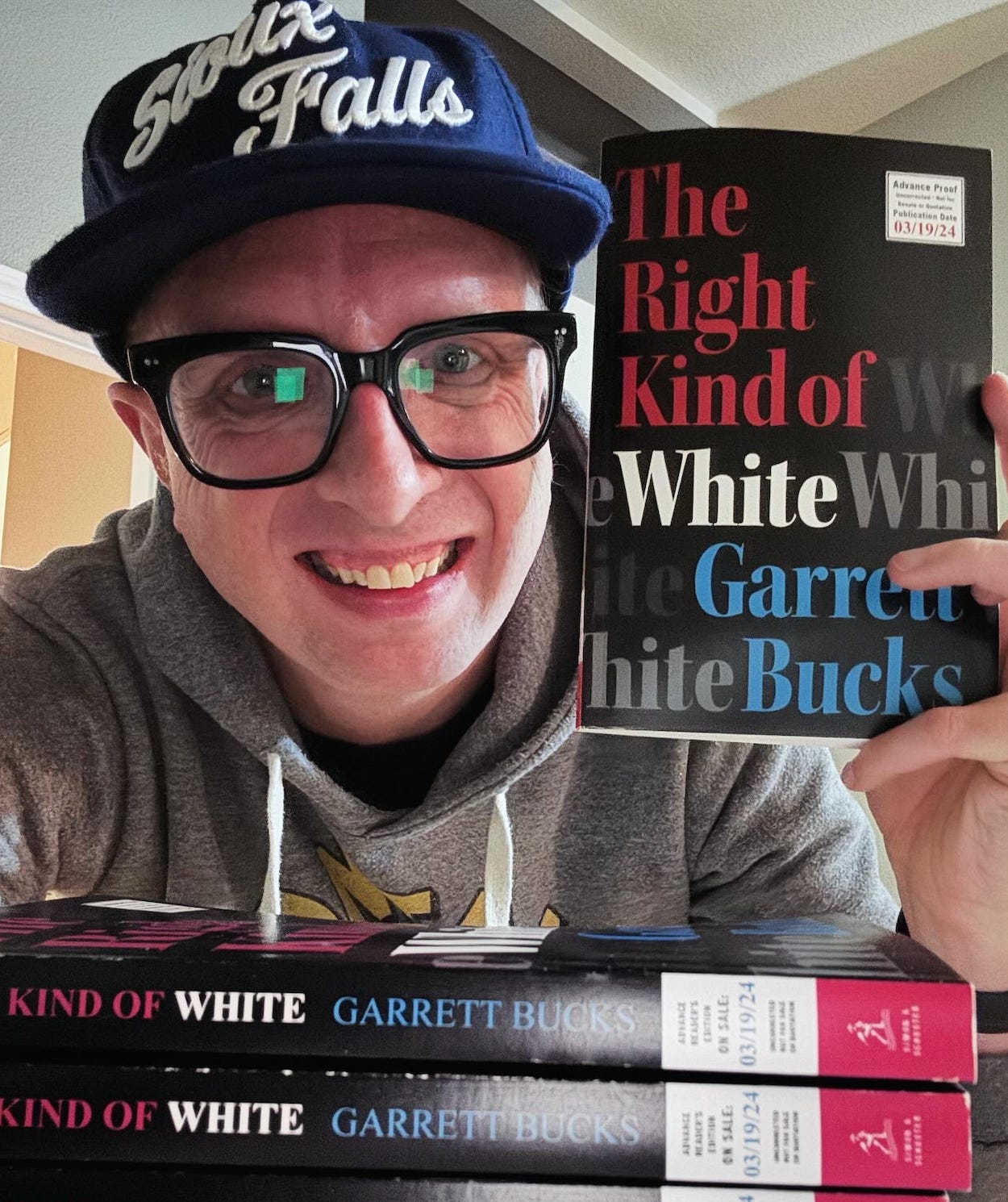Every new year is an invitation
On the end of 2023 and another 365 days of getting to care for one another again
Calendars are human inventions. Nothing truly changes when one year turns to the next.
That’s not how it feels, though. At midnight on December 31st, whatever chance we had to make something come true—for us, for our community, for the world—disappears. 2024 can become anything, but our individual and collective 2023s will be frozen in time.
Again, all of this is all made up. But that’s never stopped me from taking stock, over and over. I ask myself “was that a good year?” and try to nail down a definitive answer. I consider the question for myself with some degree of nuance. I consider the same question for the world, though, and it feels unserious or uncaring to answer in the positive.
2023 was a terrible year for the world. How could any other answer be the case? There are still bombs dropping on Gaza and families grieving throughout the Levant. There are still child soldiers in Sudan and death squads in the Congo. There are still human beings sleeping on the street. There is a woman in Ohio who might be thrown in jail for having a miscarriage. There are authoritarians clinging to power in India and bigots rising to power in the Netherlands. There is a world on fire, even more than it was the previous year.
Of course 2023 was a terrible year for the world. To claim anything else would disrespect a globe full of parents grieving, refugees fleeing, dreams for the future dashed.
There are counterpoints, though. The strongmen did not win everywhere. Did you hear about the elections in Poland? Good news there, at least. And here in the states, the anti-abortion autocrats and the Moms for Liberty found, in election after election, that their draconian laws and witch hunting school board candidates are not very popular at all. Across the world, there were people in the streets—marching for peace, marching for justice, marching for our shared future.
And then there are the unions. Have you heard about the unions? They are back! Except in the places where they never went away! Unions are everywhere, increasingly.
I am optimistic by nature. I am always providing the counterpoint: Look for the helpers. Or better yet, look for the organizers. Remember that in the darkest moments, somebody is working for a better world.
It’s not always a persuasive argument. I know that. Many days, the layers of it all are just too multitudinous for the counterpoints to stick. The enormity of pain, of grief, of rage. It doesn’t disappear just because somebody who is largely cocooned from the world’s worst indignities tells you to keep your head up and celebrate the fact that the United Auto Workers won a decent contract. And while calendars are imaginary, human mortality isn’t. Whether we’re making slow, steady progress or not, the question still lingers. What if it’s not enough to save our lives? What if it’s not urgent enough to stop the war? What if it’s not fast enough to prevent the islands from sinking into the sea?
Amelia Piper was an abolitionist. A Black woman who escaped Virginia for the anti-slavery stronghold of New Bedford, Massachusetts, Piper worked tirelessly for the freedom movement. She was a fundraiser for abolitionist newspapers, an organizer of anti-slavery women’s societies and, most notably, an active Underground Railroad conductor. In her role as manager of the New Bedford Female Union Society, she once published an article in The Liberator describing both her and her compatriot’s shared mission.
“…to ply our needles and fingers, to talk over the wrongs of our countrymen and women in chains, and pray that the time will soon come when every yoke shall be broken.”
Amelia Piper died in 1856, seven years before the Emancipation Proclamation. She died with no reassurance as to whether the dream which had animated her life would ever come true. I have no idea if, on the day she died, she felt hopeful or despondent, if she sensed that a major milestone in liberation would come within a decade or not.
What I do know, though, is that Amelia Piper plied her needles and fingers, talked over the wrongs of her countrymen and women in chains, and prayed for the breaking of all yokes for as long as she possibly could. She likely did so through days, months, and years that felt more rather than less hopeless.
She worked. In community. In a way that tangibly benefitted other human beings.
I have no doubt that many of the meetings that she convened were desultory and ineffectual, because that is, more often than not, the way of the world. I have no doubt that the money she raised wasn’t enough to match the aspirations of the people for whom she raised it. I have no doubt that other abolitionists were frequently grating and tiresome.
Biographies of Amelia Piper tend to focus on one of the most famous individuals she helped guide to freedom— John Jacobs, who in turn played a key role in helping his sister, Harriet Jacobs, publish Incidents in the Life of a Slave Girl, Written By Herself, one of the most influential abolitionist books of its time. There is a lesson, of course, in that liberatory chain. She helped a stranger, that stranger helped his sister, that sister wrote a book that shocked the nation.
It is just as likely, though, that Amelia Piper could have worked her entire life for freedom while solely toiling in anonymity. It wasn’t Jacobs’ book that gave her own life meaning. It was the work. The work of paving a path towards freedom even when there was no guarantee that the destination would ever be reached.
I am grateful for 2023, not because it was a year without pain. It was one more in a long line of years where we failed to reach beloved community together. I am grateful, however, because I am more aware than I have ever been in my life of a world full of Amelia Pipers—people who dream of justice, who have no reassurance of when their dreams come true, but wake up in the morning to do the quiet tasks of love and hope.
If, in 2023, you marched and chanted, made uninspiring call after uninspiring call to overworked Congressional staffers, knocked on strangers’ doors in terrible weather, shared food with a neighbor, wrote a plaintive letter, showed up to a poorly run school board meeting, or facilitated a few poorly run meetings of your own: thank you. If you texted a friend and said “I feel so hopeless, but I want to do something,” if you realized that you were angry but had so much to learn so you actually read that dense socio-historical book that you checked out from the library, if you gathered around a Thanksgiving table with relatives whom you love deeply but whose politics drive you up the wall and said, plaintively “I think this feels awful for all of us,” if you went back to the protest the following week and chanted a little bit louder: thank you, thank you. If you didn’t know what to do but didn’t turn away from the immensity of it all: thank you, thank you, thank you.
We had a year, you all. We did what we could. We did what we knew how to do. We now have another 365 days in front of us. 365 days to ply our needles and fingers. 365 days to talk over the wrongs of every one of our fellow human beings in chains. 365 days to pray— in whatever manner we pray— that the time will soon come when all yokes will be broken.
What a gift.
End Notes:
It’s been a while since we’ve done a song of the week, right? Next week, I’ll share my full top songs of the year playlist, but here’s a track that’ll definitely make a list that, well, just feels like this week’s essay. “Behold! Be Held!” by Bonnie Prince Billy.
And then when that grueling death bell knells
We'll have such a wondrous thing to remember
There's nothing to fear from those crazy blue bells
The mystery's solved, and the oval is closed
As always, the song of the week playlist is on both Apple Music and Spotify.
Also…
My apologies to those who already heard this story on social media, but yesterday the advance review copies of The Right Kind of White (basically the real book! but with typos!) arrived at my house. And I didn’t expect it to be an emotionally affecting moment, but then my kids each picked up a copy and somehow almost immediately found their name in the text. And I realized in that moment that I’ve described this book in a number of different ways but had never said out loud that it is an intergenerational love story, one that is my best articulation for my hope for the world that my kids and their peers will help build, (as long as they avoid at least some of the mistakes of their father). And so jeez, that visceral experience of my kids literally finding themselves in the book… it was something else.
That’s to say, I am very excited for this book to be in the world, and I remain appreciative for all of your support— especially those of you who are able to pre-order (is it odd that so much of a book’s ability to find its audience hinges on pre-order? I suppose! But that doesn’t make it any less true; plus, that pre-order page now includes very kind testimonials from authors I respect, a fun bonus). As always, if you do pre-order, please fill out the thank you survey so I can send you a fun little gift.
Finally, there’ll likely be one more essay before the end of the year (The Third Annual White Pages Awards!), but my gut is that it’ll be for paid subscribers only, so if this is the last you hear from me this year, know that whether you are a stranger or an old friend, whether you read every issue or duck in and out, I am grateful for you.







There is something about passing the longest day.
You feel the light starting to return. I know, it’s painstaking at first. One minute a day to start with.
Then it gains momentum and the year is off and running.
That’s the beauty of the period between Christmas and new year. The world slows for a brief moment before accelerating again.
Already pre-ordered, but if I hadn't, this endorsement by Kate Schatz (who lives in MY TOWN!!!) might have done the trick: "I rarely read or recommend books by straight white dudes, but this one is a truly exceptional exception."